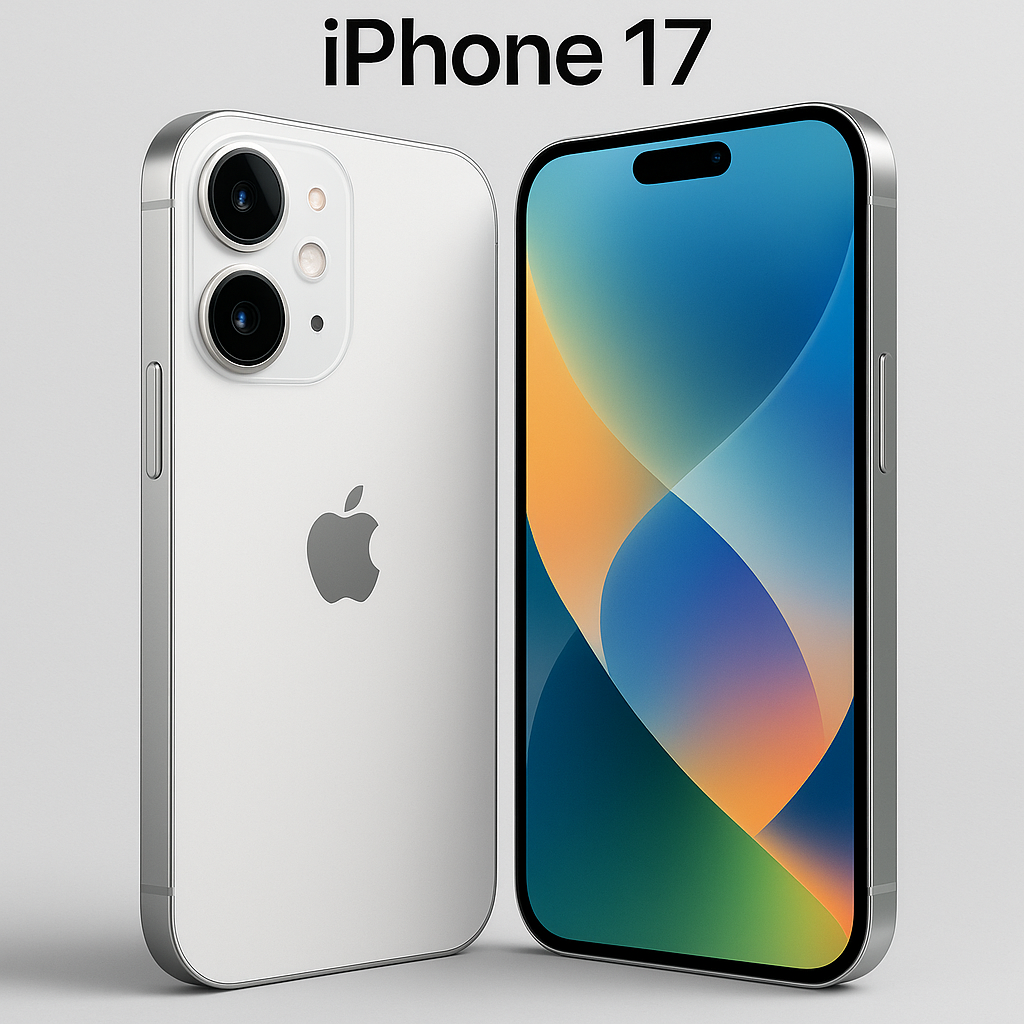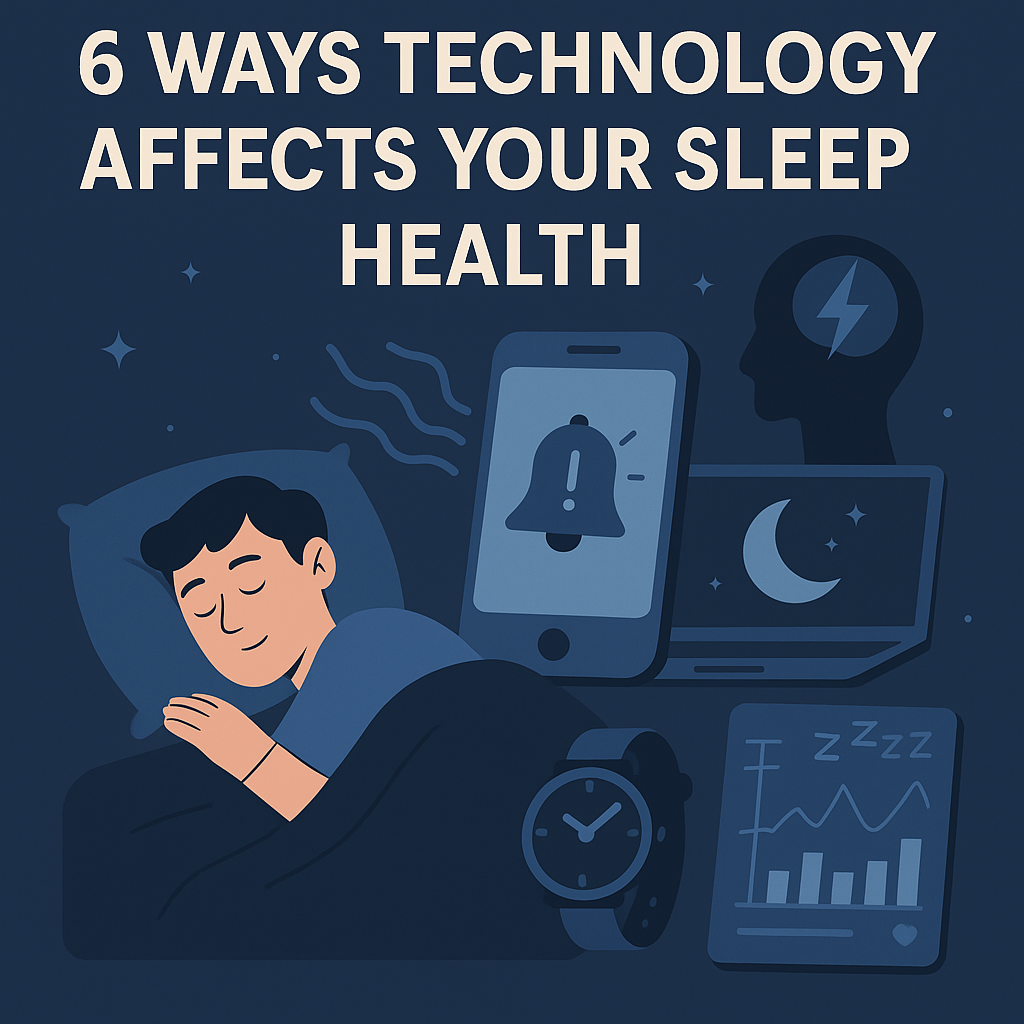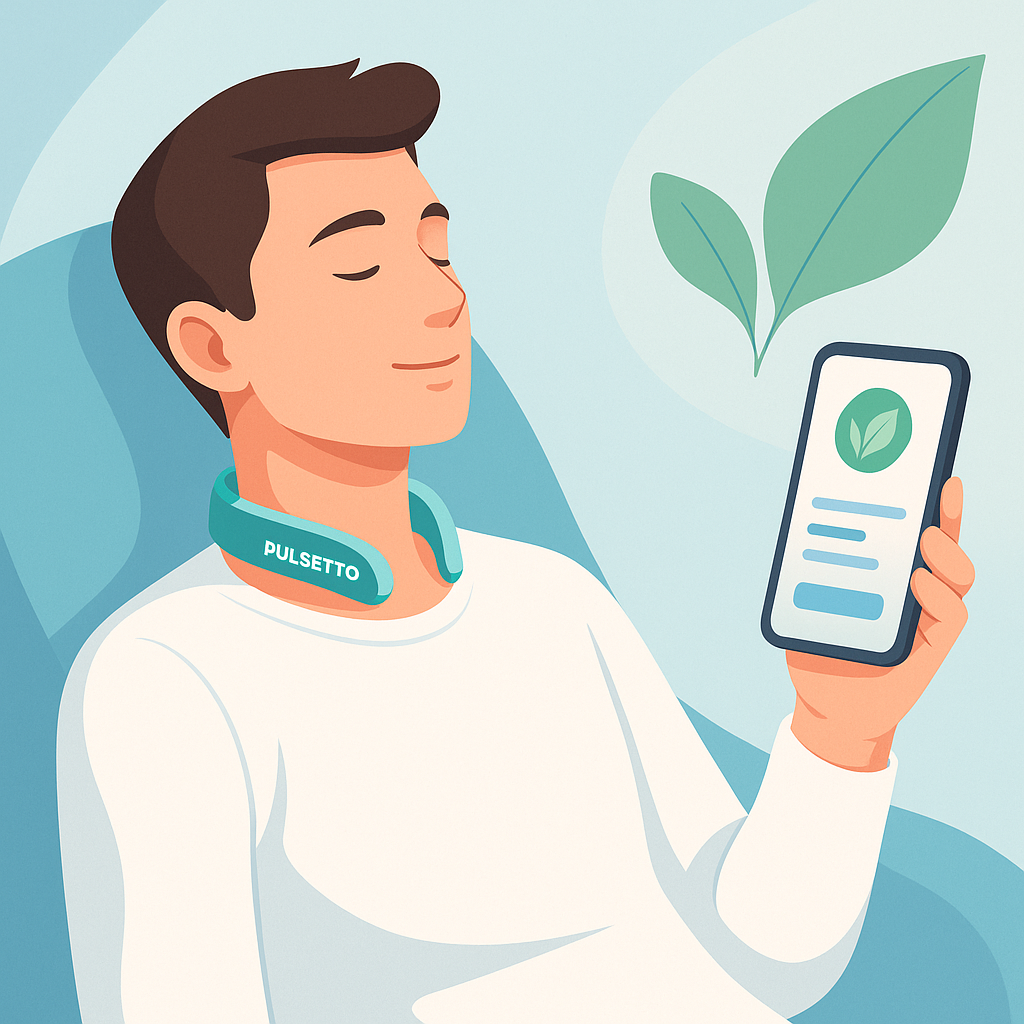Introduction
In today’s fast-paced world, oneframework 6 ways technology affects your sleep health is deeply integrated into our daily routines. While technology offers numerous benefits, it can also have a significant impact on our sleep health. Understanding how gadgets, screens, and digital habits influence rest can help improve your overall well-being. This guide explores six key ways technology affects sleep and practical solutions to manage these challenges.
1. Blue Light Exposure Disrupts Melatonin Production
Smartphones, tablets, and computer screens emit blue light that interferes with your body’s production of melatonin—the hormone responsible for regulating sleep cycles.
How It Affects Sleep:
- Blue light tricks your brain into thinking it’s daytime, delaying the natural sleep process.
- This results in reduced melatonin levels, making it harder to fall asleep and stay asleep.
Solution:
- Use blue light filters on your devices, especially in the evening.
- Enable “Night Mode” or “Dark Mode” on your smartphone to reduce blue light exposure.
- Avoid screen time at least one hour before bedtime.
2. Overstimulation from Social Media and Gaming
Engaging with social media or gaming platforms before bed can overstimulate your brain, making it difficult to wind down.
How It Affects Sleep:
- Social media notifications, gaming excitement, and emotionally charged content can increase mental alertness.
- This overstimulation can delay the onset of sleep or cause fragmented sleep cycles.
Solution:
- Set a “digital curfew” to limit social media and gaming activities in the evening.
- Replace evening screen time with relaxing activities like reading or meditation.
3. Irregular Sleep Patterns from Streaming and Binge-Watching
Streaming platforms encourage binge-watching, which often leads to late-night screen time and disrupted sleep schedules.
How It Affects Sleep:
- Watching multiple episodes late at night can delay your bedtime.
- This habit reduces your overall sleep duration and leaves you feeling fatigued the next day.
Solution:
- Set a viewing schedule with clear limits for binge-watching.
- Use TV timers to automatically turn off your screen at a designated time.
4. Disrupted Sleep Due to Notification Alerts
Frequent alerts from messaging apps, emails, or social media platforms can disturb your sleep, even if you’re not consciously aware of them.
How It Affects Sleep:
- The sound or vibration of notifications can disrupt deep sleep stages.
- Interrupted sleep may leave you feeling unrested, impacting your energy levels the next day.
Solution:
- Activate “Do Not Disturb” mode or silence notifications before bed.
- Place your phone on airplane mode or outside your bedroom to minimize disturbances.
5. Technology-Induced Stress and Anxiety
Technology dependence can increase anxiety, especially if you frequently check work emails, news updates, or social media at night.
How It Affects Sleep:
- Stress caused by digital overload can trigger racing thoughts, making it harder to relax and fall asleep.
- Excessive screen time can increase cortisol levels, further disrupting restful sleep.
Solution:
- Establish a nighttime relaxation routine such as mindfulness exercises or deep breathing.
- Avoid checking stressful content in the hour leading up to bedtime.
6. Reduced Physical Activity Due to Technology Use
Extended screen time often reduces physical movement, which can indirectly impact sleep quality.
How It Affects Sleep:
- Less physical activity during the day can make it harder to feel naturally tired at night.
- Sedentary habits contribute to disrupted circadian rhythms and insomnia.
Solution:
- Incorporate regular exercise into your daily routine, even light activities like walking or stretching.
- Engage in outdoor activities to reset your body’s natural sleep cycle.
Conclusion
Technology can significantly affect your sleep health, but by developing better digital habits, you can reduce its negative impact. Implement strategies like limiting screen time before bed, silencing notifications, and creating a relaxing nighttime routine. By making these changes, you can enjoy improved sleep quality, enhanced well-being, and greater energy throughout the day.







Leave a Reply